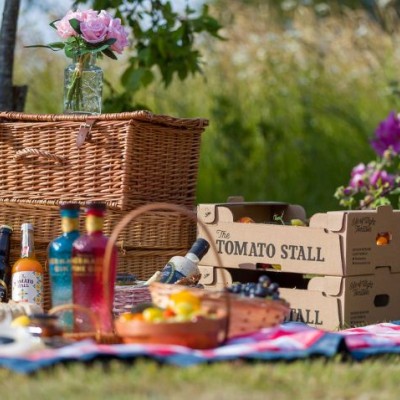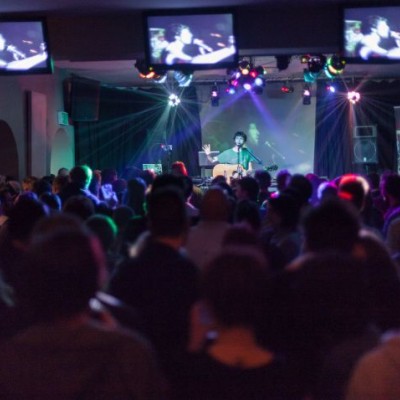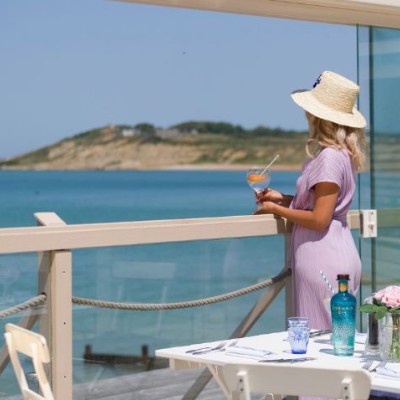The History of the Isle of Wight Festival

As we reminisce on the Isle of Wight festival last weekend, we wanted to take a look back over the history of this iconic Isle of Wight event…
The Isle of Wight Festival began as a small, but ambitious, music event in 1968. The brainchild of brothers Ron and Ray Foulk, the festival was intended to bring the spirit of the American Woodstock Festival to the UK. The first Isle of Wight Festival, held on a small rural farm near Godshill, featured acts like Jefferson Airplane and T-Rex, drawing a modest crowd of about 10,000 people. Despite its small scale, the event was a pioneering moment in British music history, setting the stage for larger festivals in the future.

In 1969, the festival moved to Wootton, attracting a larger audience and more significant acts, including Bob Dylan, who performed one of his first major concerts since a motorcycle accident three years earlier. Dylan's appearance marked a pivotal moment for the festival, drawing over 150,000 fans and firmly establishing the Isle of Wight Festival as a significant event in the music world.
The 1970 Isle of Wight Festival is often remembered as one of the greatest music festivals of all time. Held at Afton Down in Freshwater, the festival attracted an estimated 600,000 to 700,000 people, making it one of the largest human gatherings in history at that time. The lineup was a veritable who’s who of rock royalty, featuring Jimi Hendrix, The Who, Joni Mitchell, The Doors, Leonard Cohen, and many more.
However, the festival was not without its challenges. The sheer size of the crowd overwhelmed the Island's infrastructure, leading to significant logistical issues. There were problems with crowd control, and the festival faced criticism for the lack of facilities and amenities for attendees. Despite these issues, the 1970 festival is fondly remembered for its historic performances and is often compared to Woodstock for its cultural impact.
Jimi Hendrix's performance at the festival was particularly iconic, as it was one of his last major appearances before his untimely death a few weeks later. The Who's set, which included their rock opera "Tommy," is also considered one of the defining moments of the festival. However, the financial and logistical challenges faced by the 1970 festival led to a parliamentary act banning open-air gatherings of more than 5,000 people on the Isle of Wight without a special license, effectively putting an end to the festival for the next three decades.
After a 32-year hiatus, the Isle of Wight Festival was revived in 2002 by promoter John Giddings. The new incarnation of the festival aimed to blend the heritage of the original events with a modern music festival. Held at Seaclose Park in Newport, the festival quickly regained its status as a premier event in the British music calendar.

The 2002 festival featured The Charlatans and Robert Plant, drawing a crowd of around 8,000 people. Encouraged by the success of the revival, the festival continued to grow in the following years. By 2004, headliners like The Who and David Bowie were performing, attracting tens of thousands of attendees. Acts like Coldplay, The Rolling Stones, Paul McCartney, and Jay-Z have all graced the stage at Seaclose Park, ensuring the festival's continued popularity.
The festival's cultural impact extends beyond the music itself. It has become a key event in the UK’s festival calendar, drawing attendees from across the country and around the world. The festival's mix of legendary acts and contemporary stars, combined with its picturesque Island setting, make it a unique and beloved event.
Looking for advice?
If you're looking to let or sell your property, we can help. Get in touch with your local branch or book in for a property valuation.

Contact Us
Got a question, general enquiry or something else?
You may also like
Since we started in 1990 we have the Island covered with offices in key locations, and we can save you time and money by offering a range of services and expertise under one roof.



